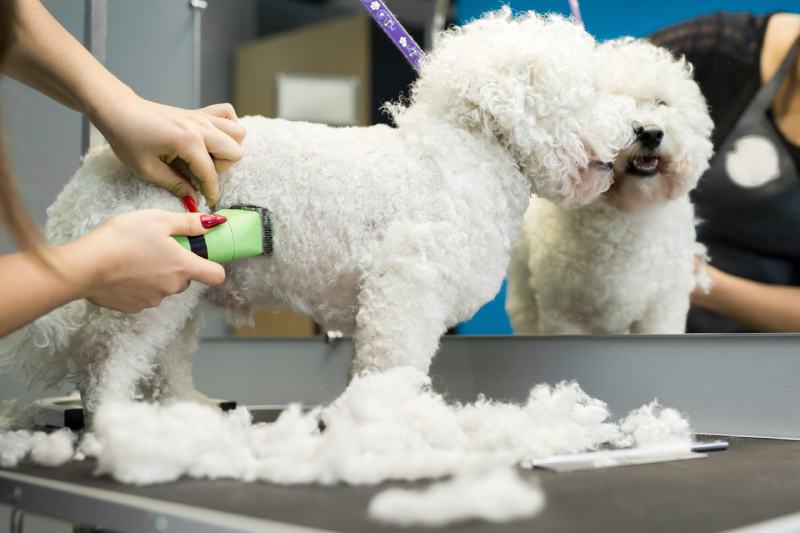Are Pitbulls Good Family Dogs? The Surprising Answer

Updated on
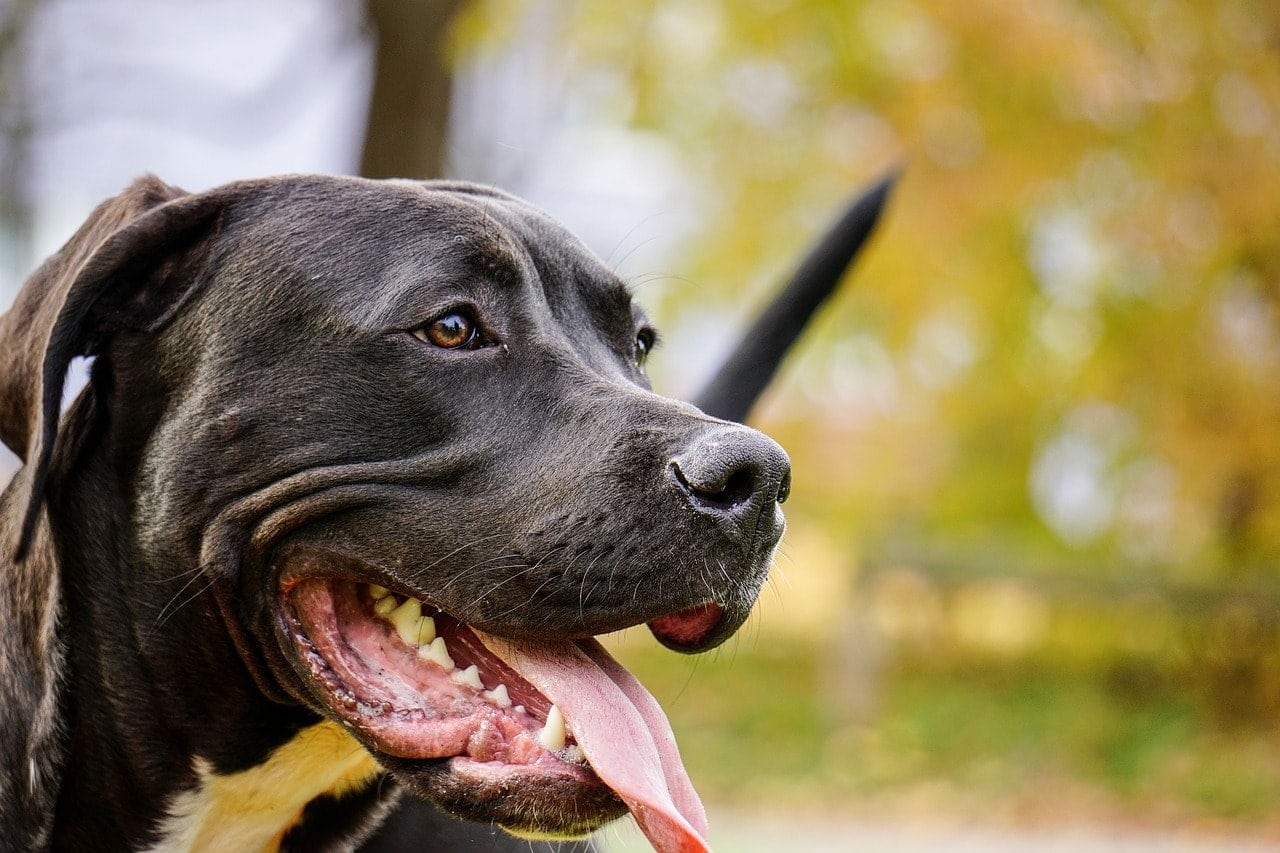
It’s common knowledge that Pitbulls get a bad rap. Many people who don’t know much about this breed think they’re aggressive, mean, and anti-social dogs. That simply isn’t true. Pitbulls are amazing and make good family dogs. Here’s some information about Pitbulls you may find interesting and even surprising.
Pitbulls Are a Heterogeneous Grouping of Dogs
Many people think Pitbulls are one breed of dog that has bulky bodies and square-shaped heads. Others more precisely think that the American Pit Bull Terrier (APBT), the American Staffordshire Terrier (AST), and the Staffordshire Bull Terrier (SBT) are Pitbulls.
The APBT, AST, and SBT are all recognized breeds by the American Kennel Club or AKC. Essentially, these three breeds are the same dogs that were just bred for different purposes and have slightly different size standards. Mainly, they simply have different bloodlines.
Telling one breed from another isn’t an easy task, and even experts sometimes can’t tell if a Pitbull is an APBT, an AST, or an SBT. If that’s not confusing enough, Pit Bull Rescue Central tells us that even DNA testing can be confusing when it comes to Pitbulls!
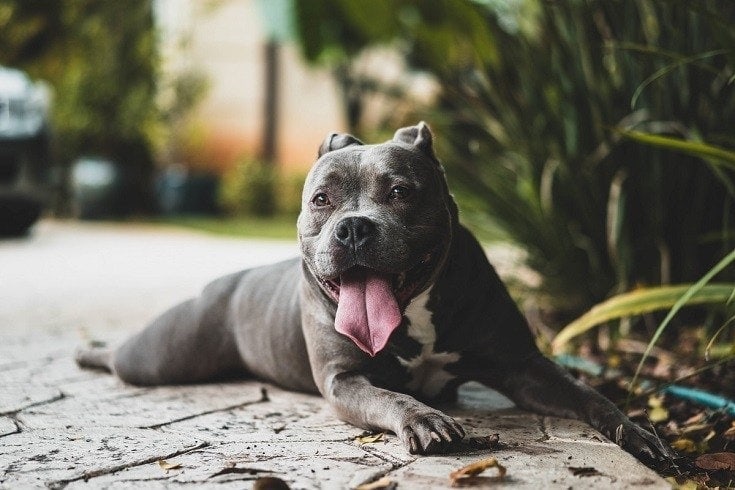
This Is a Very Misunderstood Breed
Decades ago, Pitbulls were one of America’s favorite breeds. In the wildly popular Little Rascals, Pete the Pitbull hung out on stoops with the kids and slept under their covers at night.
Pitbulls were mascots during World War I and they have been owned by many famous people like Dr. Suess, Helen Keller, and Jimmy Carter. This dog breed was long considered very loyal, intelligent, friendly, and loving.
Since the days when the breed was much loved, Pitbulls or Pits, as they’re also called, have become less popular and even feared. Because of the breed’s strong and fearless appearance, people started viewing Pitbulls as symbols of violence, drug culture, and gangs.
Today, Pitbulls are a largely misunderstood breed because of sensationalist news stories, irresponsible owners, and the proliferation of myths. All this stigma surrounding the breed has also led to many Pitbulls being held in shelters across America, with many of the dogs being euthanized.
The Breed’s History Is Jaded
The history of the Pitbull can be traced back to the early 1800s in the United Kingdom. Pitbulls were bred from Old English Bulldogs that gained their popularity in a cruel sport called “bull baiting.” This sport consisted of putting one or two dogs into a pen with a bull to harass the animal until it collapsed. Sadly, these bull-baiting matches were popular forms of entertainment back then.
Thankfully, in the early 1830s, bull-baiting was outlawed and deemed cruel. But this ban only prompted people to start pitting dogs against rats in a practice called “ratting.” The dog that killed the most rats in the least amount of time won the match. The term “Pit” in Pitbull comes from ratting, as the rats were placed in a pit so they couldn’t escape. As time went on, people started pitting their Pitbulls against each other to begin what is called dogfighting.
Before the start of the Civil War, immigrants from the British Isles brought Pitbulls to the United States. While these dogs were specifically bred to fight, they were quickly adopted by Americans as great dogs for herding cattle and sheep, guarding livestock, and protecting families from thieves and wild animals. The Pitbulls’ loyalty and love for humans, especially children, has earned them a great reputation as being a working dog and amazing companion.
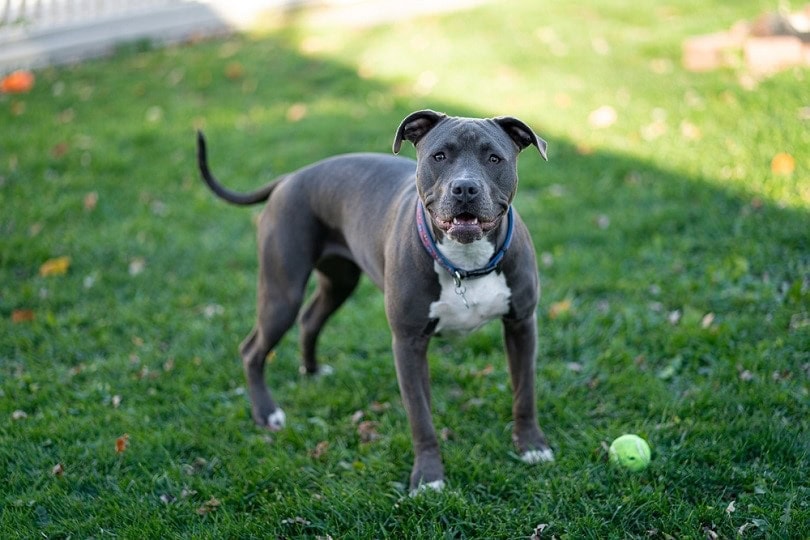
Are Pitbulls Good Family Dogs?
It’s never right to make a blanket statement about a particular dog breed like what’s commonly done with Pitbulls. Every dog, regardless of its type, is an individual and not a breed.
Pitbulls are just like other dogs. If they’re trained and treated right, behavioral problems can be avoided, including aggression. Sure, they can be as problematic as any other dog breed, but Pitbulls can also be as loving and loyal.
Contrary to what many people think, Pitbulls are not more prone to biting than other dogs. The fact is that all dogs can bite, large and small. It’s just that bigger and more powerful dogs can inflict more damage than small dogs. Any dog can be a menace to the public if its owner is irresponsible and raises it inappropriately.
It’s a Devoted and Athletic Breed
Pitbulls are loyal and devoted to their owners. While this breed forms a strong bond with its owners, they require lots of quality time for the duration of their life. If a Pitbull is banished to a backyard or left alone for long periods for weeks on end, he can become depressed and/or destructive.
Pitbulls are strong, agile, athletic dogs that are a lot of fun to own. They love pleasing their owners and make excellent agility dogs. You can have a great time with a Pitbull playing flyball, running and romping in the great outdoors, and even splashing around in a lake because they love to swim.
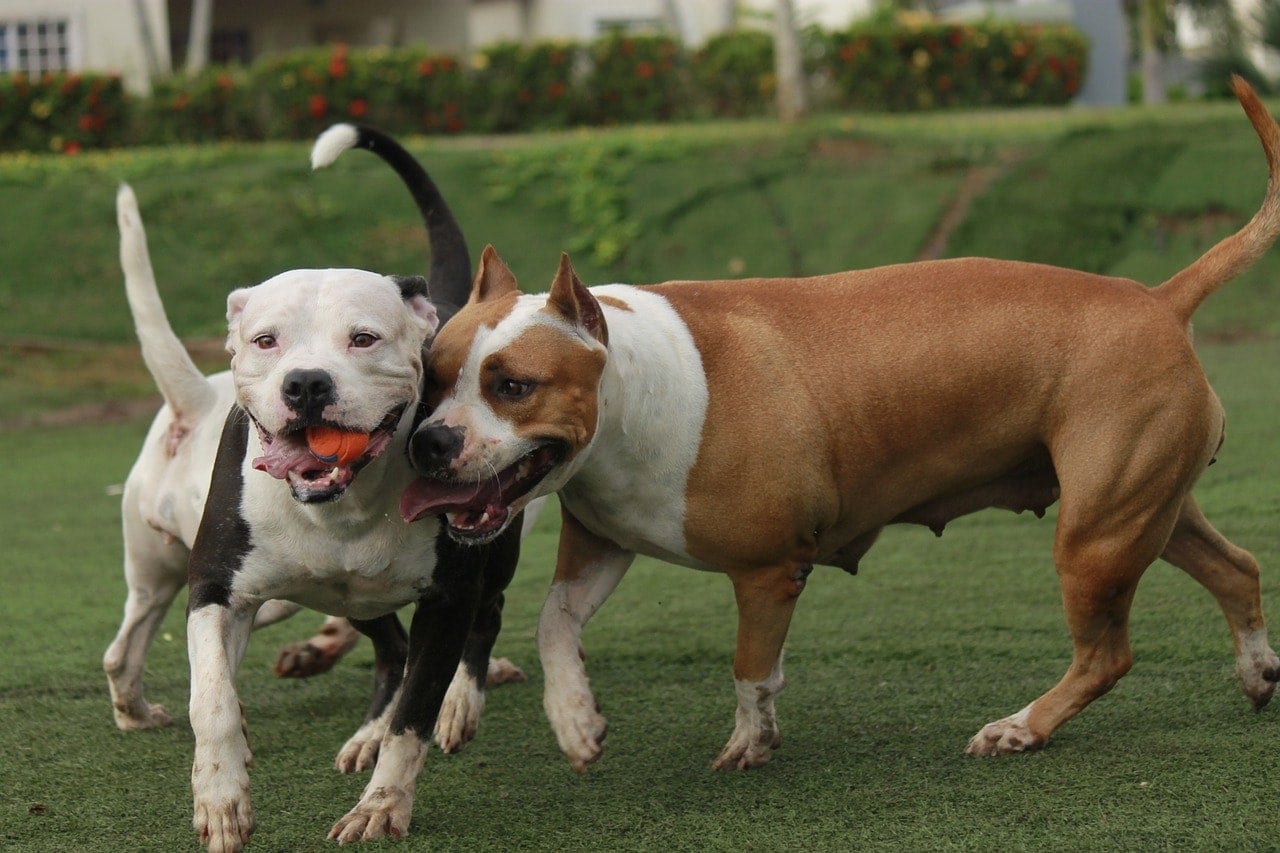
Conclusion
So are Pitbulls good family dogs? According to the American Canine Temperament Test Society, Pitbulls have one of the most stable temperaments of any purebred, right up there with Golden Retrievers. A well-managed, and responsibly-owned Pitbull can make a wonderful companion to kids, as long as the kids are taught how to treat a dog with love and respect.
Especially during their puppy years, Pitbulls can be very playful. Because they’re a large breed, they need lots of space to get the exercise they need. Kids can enjoy taking a family Pitbull on long walks, running around with them in the yard, and just romping and having fun.
See Also:
- Are Pitbulls Good for First-Time Owners? Read Before You Get One
- Are Pitbulls Smarter Than Other Dogs? (Origins & FAQs)
Featured Image Credit: Pixabay

